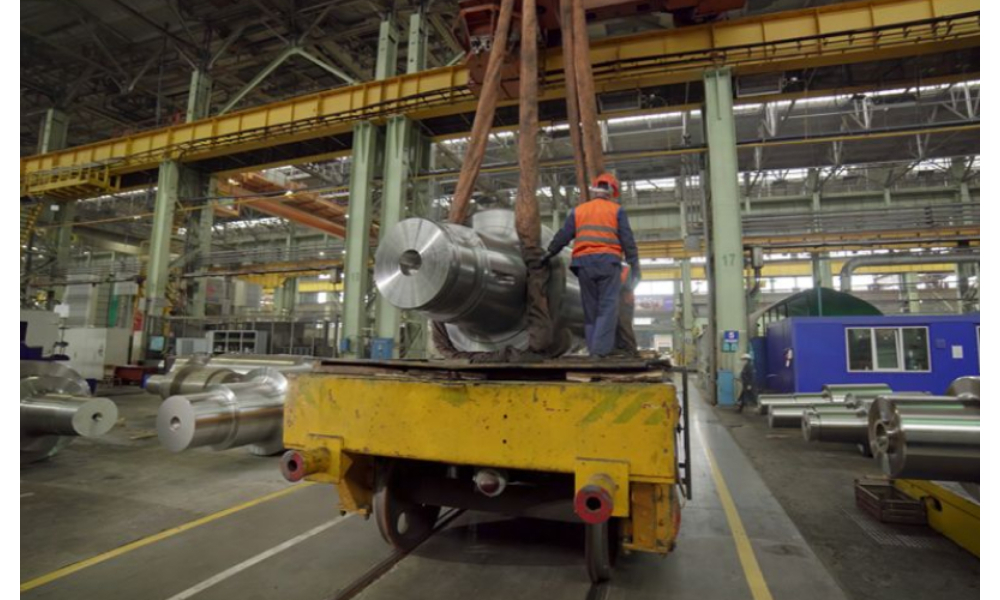
Growth is back on the agenda for the aviation industry. After years of disruption, grounded fleets, and financial strain, many companies are now focused on expanding their networks, services, and revenue streams. But the path to growth looks very different than it did before. In today’s environment, scaling requires more than ambition – it demands resilience, discipline, and strategic foresight.
Sustainable growth in aviation is not just about adding new routes or aircraft. It involves rethinking operations, leveraging digital tools, aligning with environmental goals, and building an agile workforce. Success lies in scaling with purpose, where every step forward is backed by sound analysis and long-term value creation.
Understanding the New Growth Landscape
The aviation sector is still operating in a complex global environment. While passenger demand has rebounded in many regions, it remains uneven across markets. Fuel costs, inflation, and supply chain pressures continue to impact margins. Regulatory requirements are increasing, and consumer expectations are shifting.
Growth-minded aviation firms must balance several competing priorities:
- Investing in new capacity while maintaining financial stability
- Enhancing customer experience while controlling operating costs
- Complying with sustainability regulations while remaining competitive
- Innovating at pace without compromising safety or reliability
This balancing act requires careful planning and the ability to pivot quickly in response to change.
Planning for Scalable Operations
Scalable operations are those that can grow without significant loss of efficiency or quality. For aviation companies, this means investing in systems, processes, and infrastructure that support expansion while minimising risk.
Some key elements include:
- Dynamic network planning tools that optimise route profitability
- Standardised aircraft maintenance procedures across fleets
- Automation in ground handling and passenger services
- Integrated enterprise resource planning (ERP) systems
Operational scalability also involves supplier management, contingency planning, and cross-training staff to ensure flexibility in times of disruption.
Digital as a Growth Enabler
Technology is central to modern aviation growth strategies. Digital platforms improve efficiency, enhance the customer experience, and provide critical data for decision-making. From AI-powered scheduling and real-time fleet tracking to self-service check-in and predictive maintenance, digital innovation allows businesses to scale smarter.
High-growth aviation firms are focusing on:
- Investing in cybersecurity to protect expanding digital ecosystems
- Leveraging cloud-based systems for scalability and data sharing
- Using data analytics to forecast demand and optimise operations
- Applying automation in both front-end and back-end processes
The goal is to ensure that growth is not held back by outdated systems or limited visibility into operations.
Managing Capital with Discipline
Growth requires capital – but not all investment delivers equal returns. In an environment of rising interest rates and increased investor scrutiny, aviation businesses must make capital decisions with greater discipline.
This includes:
- Evaluating lease versus purchase options for fleet expansion
- Prioritising investments that offer operational or environmental benefits
- Structuring capital for flexibility and liquidity
- Using scenario modelling to understand financial exposure
Disciplined capital management ensures that expansion efforts do not jeopardise long-term financial health.
Sustainability and Reputation in the Growth Equation
As the aviation industry grows, it also faces growing scrutiny. Regulators, investors, and consumers are paying close attention to environmental impact, social responsibility, and governance practices. Growth strategies must be aligned with ESG commitments – not just for compliance, but to maintain brand trust and market relevance.
Key sustainability considerations for growth include:
- Investing in more efficient aircraft and alternative fuels
- Reducing emissions through optimised flight operations
- Enhancing diversity and inclusion within the workforce
- Improving ESG disclosures and performance metrics
Companies that integrate sustainability into growth plans are better positioned to access funding, win customer loyalty, and shape industry standards.
Talent as a Growth Lever
People are central to any growth strategy. As aviation firms scale, they must ensure they have the right skills, culture, and leadership in place. This means attracting new talent, developing existing employees, and ensuring teams are aligned with organisational goals.
Workforce strategies that support sustainable growth include:
- Offering learning and development programmes for emerging roles
- Designing succession plans for key leadership positions
- Creating a strong employee value proposition to attract talent
- Fostering a culture of accountability, innovation, and safety
Talent should not be seen as a cost to manage, but as an engine for growth.
The Role of Strategic Advisory in Scaling
With so many variables at play, aviation businesses benefit from external perspectives. Strategic advisors can help identify risks, evaluate opportunities, and align growth initiatives with market realities. This support is particularly valuable when expanding into new markets, diversifying revenue streams, or navigating regulatory complexity.
That’s why many leaders rely on expert insight for aviation growth strategies — helping them scale smart, avoid pitfalls, and build a platform for long-term success.












Comments